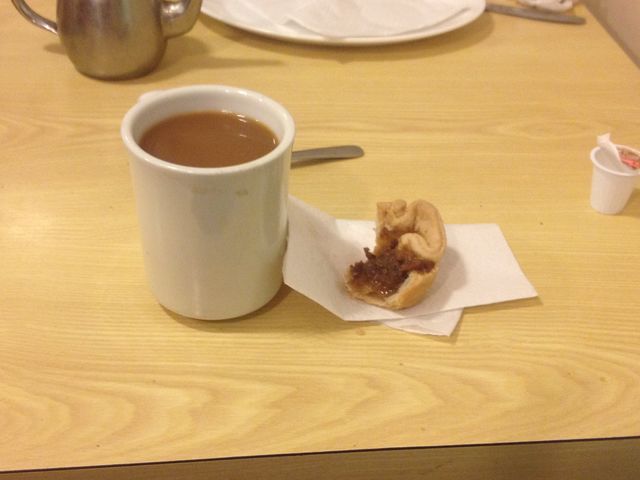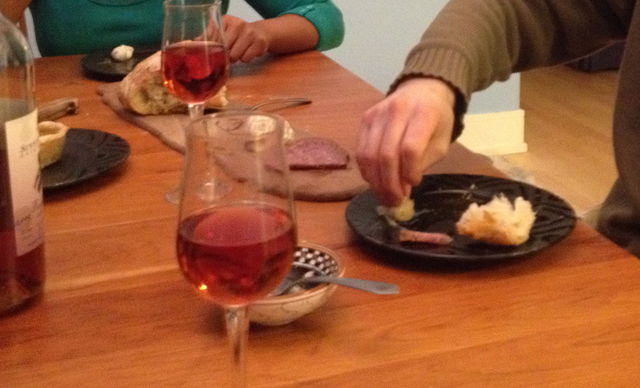 On autism and assisted suicide and measles
2/8 '15
On autism and assisted suicide and measles
2/8 '15
Yesterday, the Supreme Court of Canada unanimously ruled that people who are of competent mind and have a terminal illness and consistently have indicated their desire to end their life should be able to employ the assistance of a physician in doing so.
This, this is hard. The autonomy aspect of this is crucial; we don't believe (much) (yet) in this country in sentencing people to life in prison without parole, and if someone has decided that life isn't worth living, that's a kind of life sentence of possibly a very, very long duration. It also has to be said that without legal assisted suicide, people will end their lives earlier, as they'll have to do it themselves, when they are physically more well than when they'd need to rely on assistance.
And yet, it's really hard to listen to this whole narrative and wonder why it is that we as a society have made getting old or disabled so unappealing that people want to end their lives, and why it is that we don't devote more resources to fixing this problem. (Instead, we have wars. Yay.)
In particular, a friend pointed me to this article on Facebook, and it notes something that should be obvious in the midst of this whole stupid measles outbreak: the people who are not vaccinating their kids (because they incorrectly believe that the measles vaccine causes autism) are valuing the possibility of their kid getting measles (measles!) over the (incorrect) fear of having someone autistic in their family.
The narrative goes on and on. There's the late Harriet McBryde writing one of the best articles I've ever read, about her arguments with Peter Singer about the validity of disabled lives. There's an almost infinite amount of research that shows that community living makes old people's lives better and makes their decisions about end-of-life care ones that they are more satisfied with. And so on.
I do think that on balance, letting people make decisions around their own lives is the only reasonable choice. But the context of our society in which they make that choice? It's pretty dreadful.









And I had none of them, except for chicken pox (obligatory photo: https://cs.uwaterloo.ca/~browndg/with_pox.jpg), and <em>that</em> I had because of a doc who "assumed" that I'd probably had it in my childhood and just didn't know about it and didn't need the vaccine. (Now, thanks to him, I'll also probably get shingles later in life.)
Actually, looking at it, it's one of those clear generation markers: the vaccines for measles, mumps and rubella all date to the decade between when you were born and I was. I know I had a recent pertussis booster (before I went to India five years ago), but now I'm wondering if I might need an MMR booster.
I'm glad you're not on the edge of assisted suicide old. :-)
Some people have justifiable concerns that a patient with a terminal illness may be encouraged (or have their substitute decision maker choose without full consideration of the patient's wishes) to end their life instead of adding burdens to an already overloaded palliative care system. While I believe viscerally that the ability to die with dignity is of great value, that ability or right may result in premature death for some who want to live.
It's a hard problem that needs social and cultural work to be done as well as legal standing.